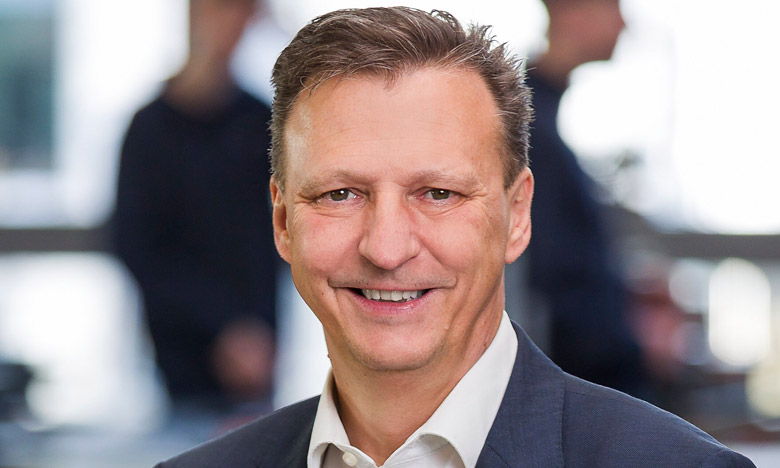FAQ
Questions concerning company shares
There is a total of 31,593,072 shares. Krones share certificates are bearer shares without par (no-par shares). Each share corresponds to one vote at the company’s annual shareholders' meeting.
The security identification number (SIN) is 633500, the international security identification number (ISIN) is DE0006335003.
Krones shares have been traded since 29 October 1984. Our shares can be traded on all German stock markets.
It is not possible to buy Krones shares directly from Krones or sell them back to Krones. Please contact your custodian bank or local bank to do so.
The Krones share is a member of the MDAX.
For the business year of 2024, Krones paid a dividend of €2.60 per share on 2 June 2025.
The next annual general meeting will take place on 9 June 2026 in Regensburg.
See Share
The main Krones shareholders are descendants of Hermann Kronseder, the company's founder. The shares are merged in a pooling agreement which regulates the joint exercise of voting rights of the members and their companies. Holding 51.9 %, the Kronseder Family Consortium GbR is the stable majority shareholder of the Krones AG.
Further information are shown in the actual annual report.
Krones distributes 25 % to 30 % of the consolidated net income to the shareholders.
Krones currently does not own its own shares and a share buyback programme is not planned. An authorisation of the general meeting to do so has been granted.
See Equity Story
Questions concerning the company
The company was founded in 1951 by Hermann Kronseder.
Krones operates worldwide with leading technologies in the fields of filling and packaging technology, process technology, intralogistics and IT solutions for the food and beverage industry as well as the chemical, pharmaceutical and cosmetics sectors.
Its customers include beverage producers, as well as the food, chemicals, pharmaceuticals and cosmetics industries.
At the end of 2024, Krones employed 20,379 employees all over the world, 11,312 of them in Germany and 9,067 abroad.
To consolidate its good market position and have sufficient headroom for capital expenditure, Krones has set itself ambitious medium-term financial targets up to 2028.
- ~ €7,0 billion revenue
- 11% to 13% EBITDA margin
- > 20% ROCE
Apart from a few large companies that are part of a corporate group, such as KHS (Salzgitter AG) in Germany and Sidel (Tetra Laval Group) in France, Krones competes with a number of companies that do not offer the entire filling and packaging technology product range. Most of our main competitors are based in the euro area. Krones competes with Chinese providers primarily in their home market.
In the two smaller segments, Process Technology and Intralogistics, the company is in competition worldwide with major suppliers such as GEA and Kion and with smaller regional companies.
The market for beverage filling and packaging machines should continue to grow even stronger and more stable than the global economy. The company with its products and range of services benefits from various mega trends. The growing middle classes in the emerging countries and the rural-urban migration of people make for a strong demand for packaged food and beverages, even on a long term basis. Urbanisation results in the population adapting to the urban way of life and consequently consuming more packaged food and beverages. In addition, the number of different types of packaging will grow, as the food and beverage producers want to stand out from the competition by increasing their packaging variety.
See Factsheet
